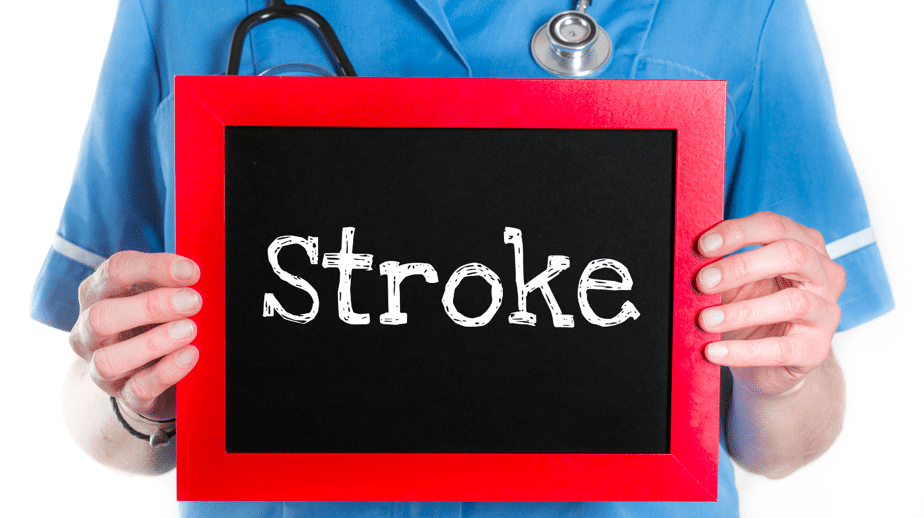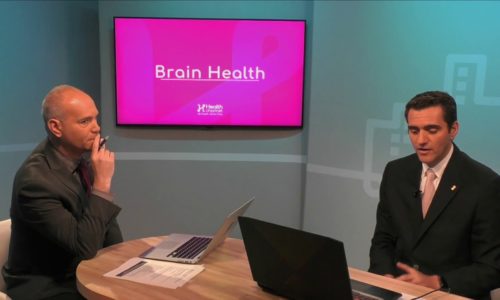Mini Strokes: What They Are and What You Need to Know |

Have you ever heard of the term “mini stroke” or “transient ischemic attack”? These phrases are often used to describe a specific type of stroke, but what exactly are they? Let’s dive in and explore what mini strokes are, how they happen, and what they mean for your health.
What is a mini stroke?
A mini stroke, or transient ischemic attack (TIA), occurs when there is a temporary interruption of blood flow to the brain. It is similar to a stroke in that it is caused by a blood clot or plaque buildup in the arteries of the brain, but the symptoms typically only last for a short period of time – less than 24 hours.
What are the symptoms of a mini stroke?
The symptoms of a mini stroke can vary from person to person, but some common signs to look out for include sudden numbness or weakness in the face, arm, or leg – especially on one side of the body. You may also experience sudden confusion, trouble speaking, difficulty seeing in one or both eyes, and difficulty walking or maintaining balance.
What should you do if you suspect a mini stroke?
If you experience any of these symptoms, it is important to seek medical attention immediately. Even though the symptoms may only last for a short time, a mini stroke is a warning sign that something is wrong and that you may be at risk for a more serious stroke in the future.
How is a mini stroke diagnosed?
Unlike a regular stroke, a mini stroke will not show up on a standard MRI or CT scan. However, your doctor may order additional tests such as an ultrasound or an echocardiogram to check for any blockages or irregularities in the blood vessels of the brain.
What are the risk factors for a mini stroke?
The risk factors for a mini stroke are similar to those of a regular stroke and include high blood pressure, high cholesterol, diabetes, smoking, obesity, and a family history of stroke.
What can you do to prevent a mini stroke?
There are many things you can do to reduce your risk of having a mini stroke, including maintaining a healthy diet and exercise routine, quitting smoking, managing your blood pressure and cholesterol levels, and taking any medications prescribed by your doctor.
In conclusion, a mini stroke is a warning sign that should not be ignored. If you experience any of the symptoms mentioned above, seek medical attention right away. By taking steps to manage your risk factors and prevent future strokes, you can protect your brain health and ensure a healthier future.








